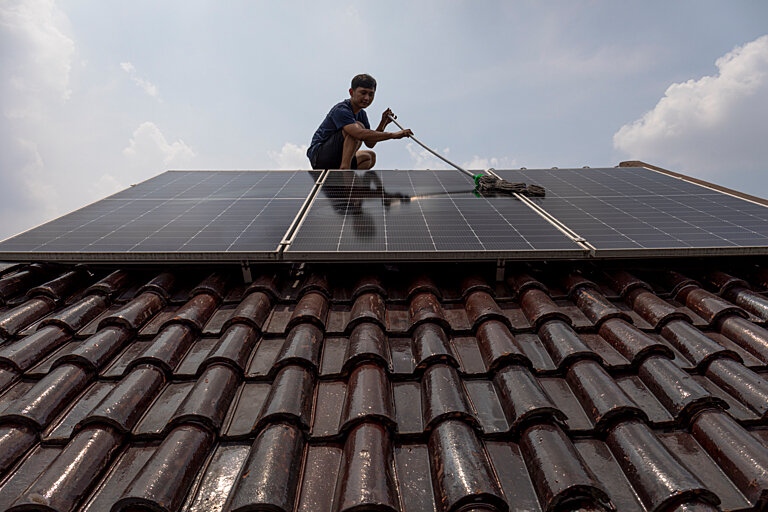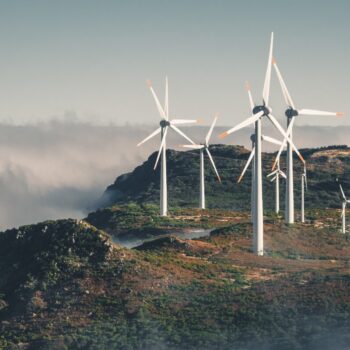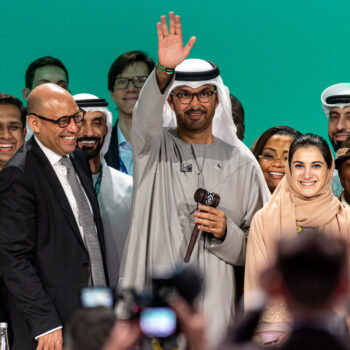Clean transition partnerships with developing countries can help the EU navigate increasingly complex climate geopolitics. They can increase its geoeconomic resilience, enhance its competitiveness in the clean economy and strengthen its relationship with key emerging economies, maintaining the EU’s influence and viability in a multipolar world. EU partnerships in general are being touted as a core tool of the EU’s international climate outreach. A more integrated and strategic Team EU approach to partnerships with the Global South, ensuring they are co-designed and mutually beneficial, would make the sum of EU efforts more than its parts.
Focused and co-developed clean transition partnerships would help the EU strengthen its geopolitical position in an increasingly multipolar world. Doing so is critical to preserve Europe’s influence as an international actor, and essential to the long-term viability, security, and prosperity of the EU project. Clean transition partnerships can contribute to rebuilding trust with the Global South by making a strong case for cooperation with the EU, while addressing EU fears of overdependence on critical imports from China and its loss of international competitiveness due to rising energy costs and competitive green subsidies. They can also facilitate the emergence of a climate ambitious coalition in 2025 by reassuring emerging economies about the available support for choosing sustainable development pathways, and thereby giving them the confidence to reflect such ambition in their next Nationally Determined Contributions (NDCs).
Sketching a design for EU clean transition partnerships
This briefing builds a case for incorporating clean transition partnerships at the core of the EU’s foreign policy, and illustrates how the EU could approach and design these partnership offers by exploring three case studies:
- An industrial decarbonisation partnership to expand cooperation on green steel value chains with Brazil.
- A cleantech partnership with Indonesia to support its strategy of leveraging its mineral resources into becoming a manufacturing hub.
- And a clean energy partnership to support Egypt’s transition away from fossil gas by quickly deploying renewable technologies.
Recommendations to the EU
The case studies underscore that, to succeed, EU clean transition partnerships must:
- be agreed and co-owned at the highest political level
- reflect shared economic interests
- be mutually beneficial to both partners’ strategic interests
- and thus, remain tailor-made and flexible instruments.


